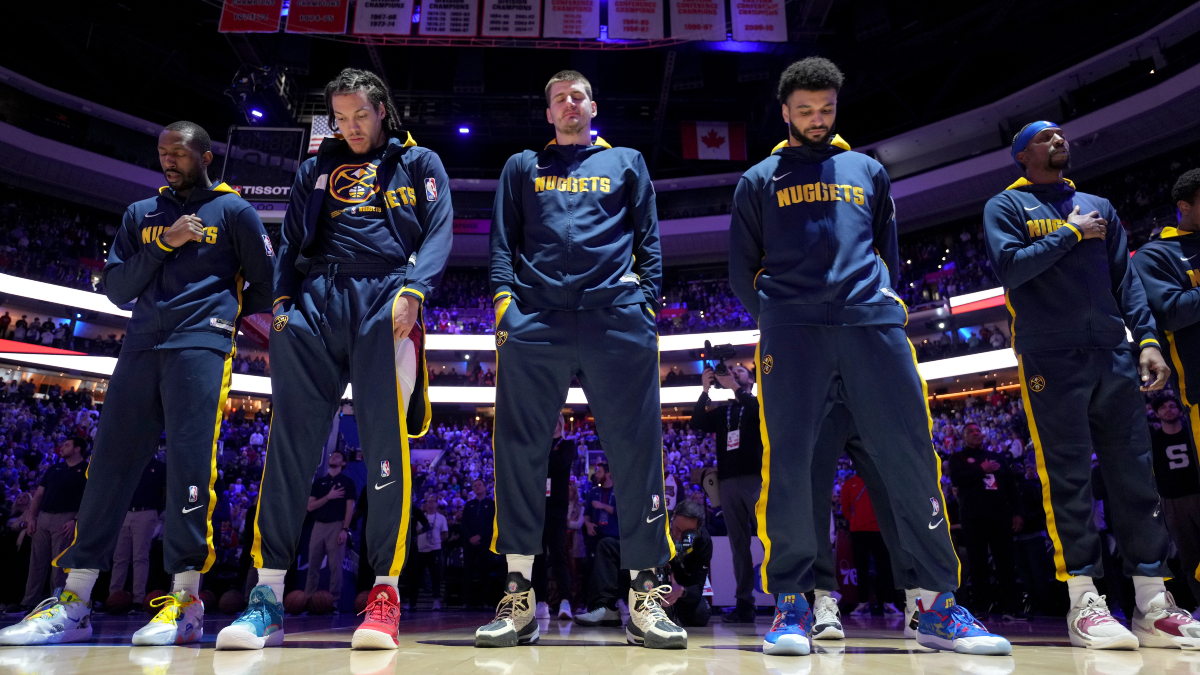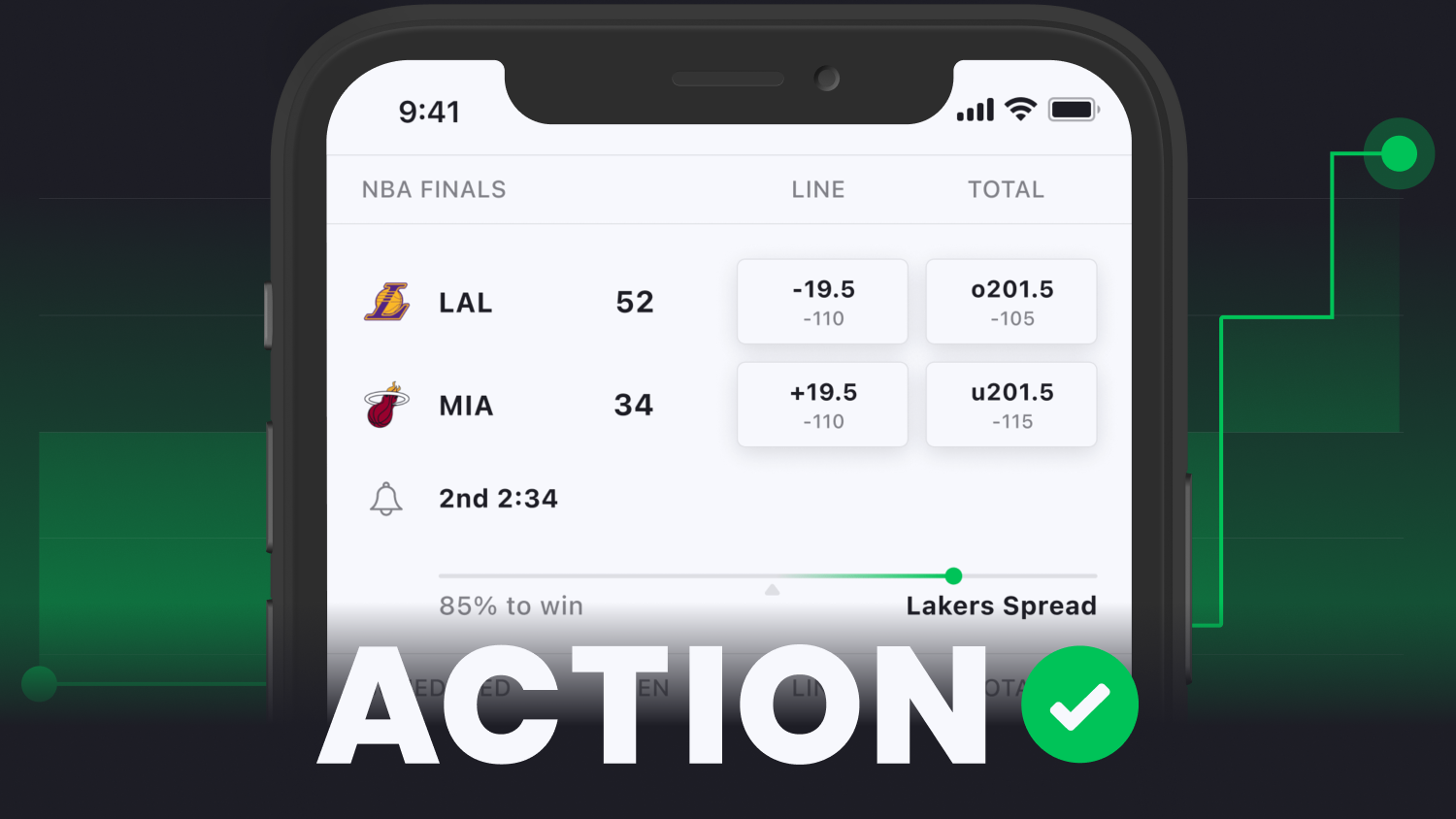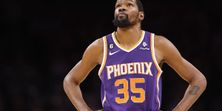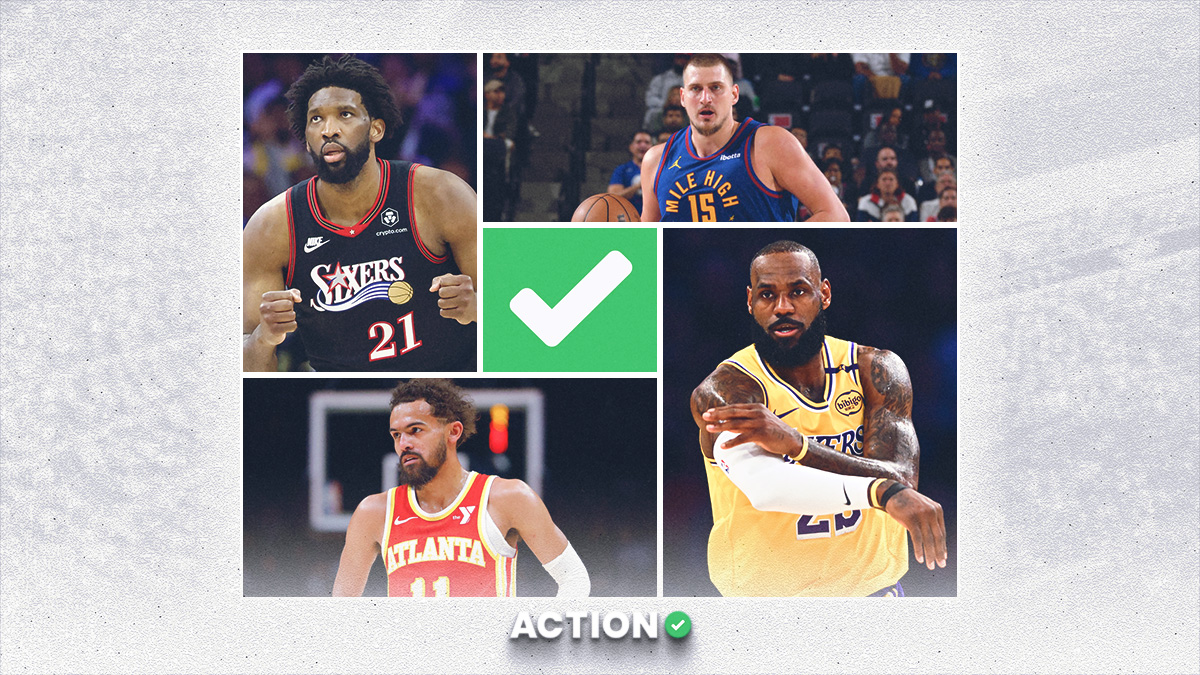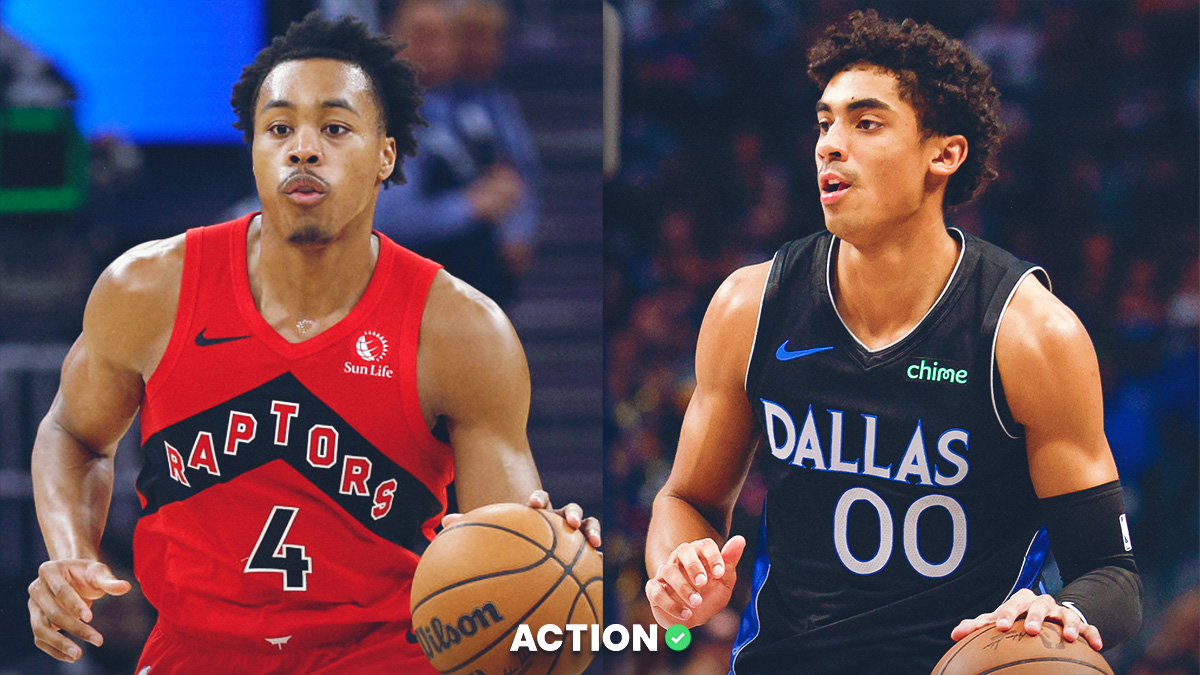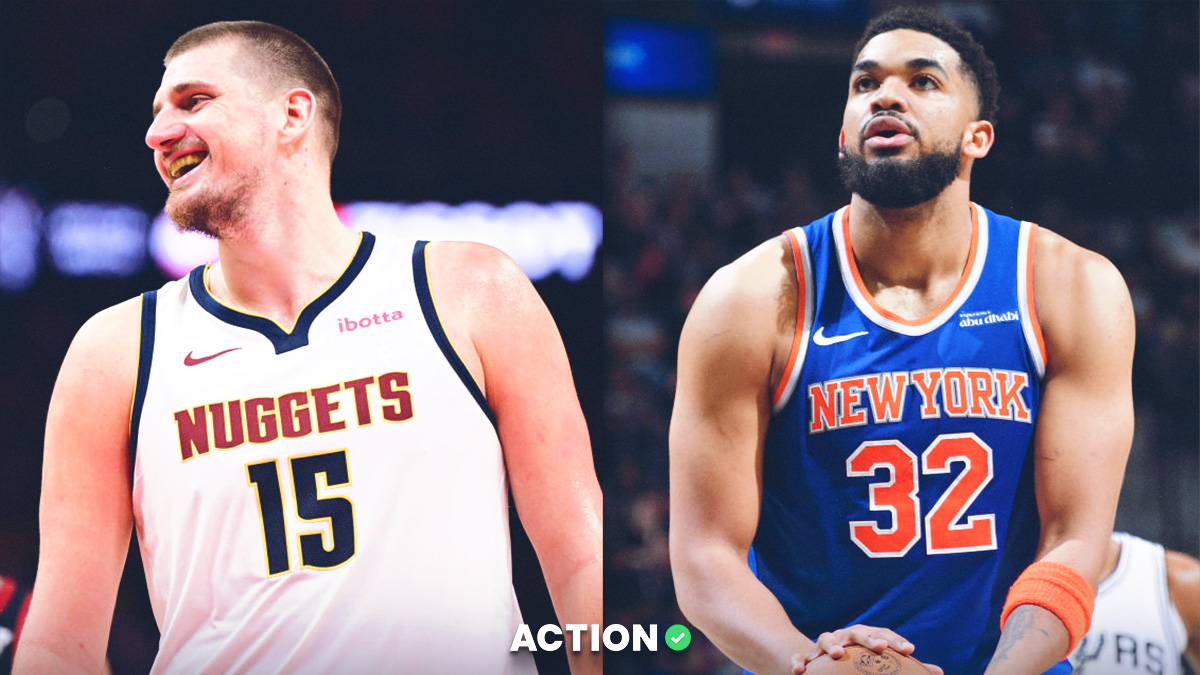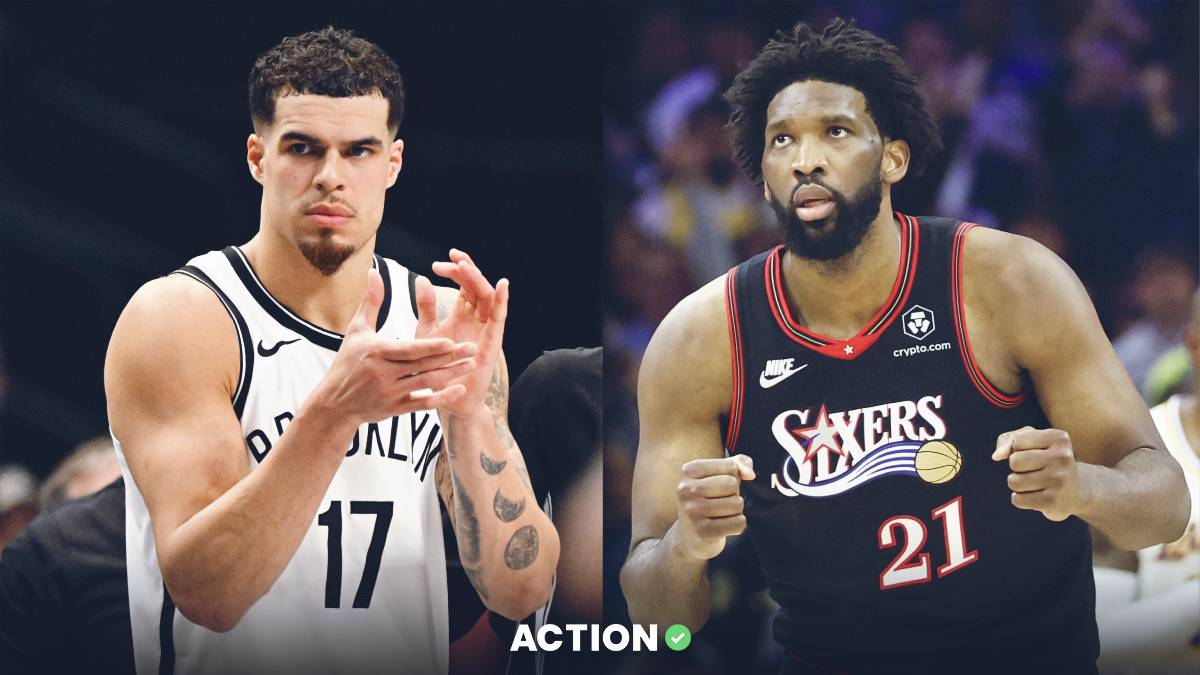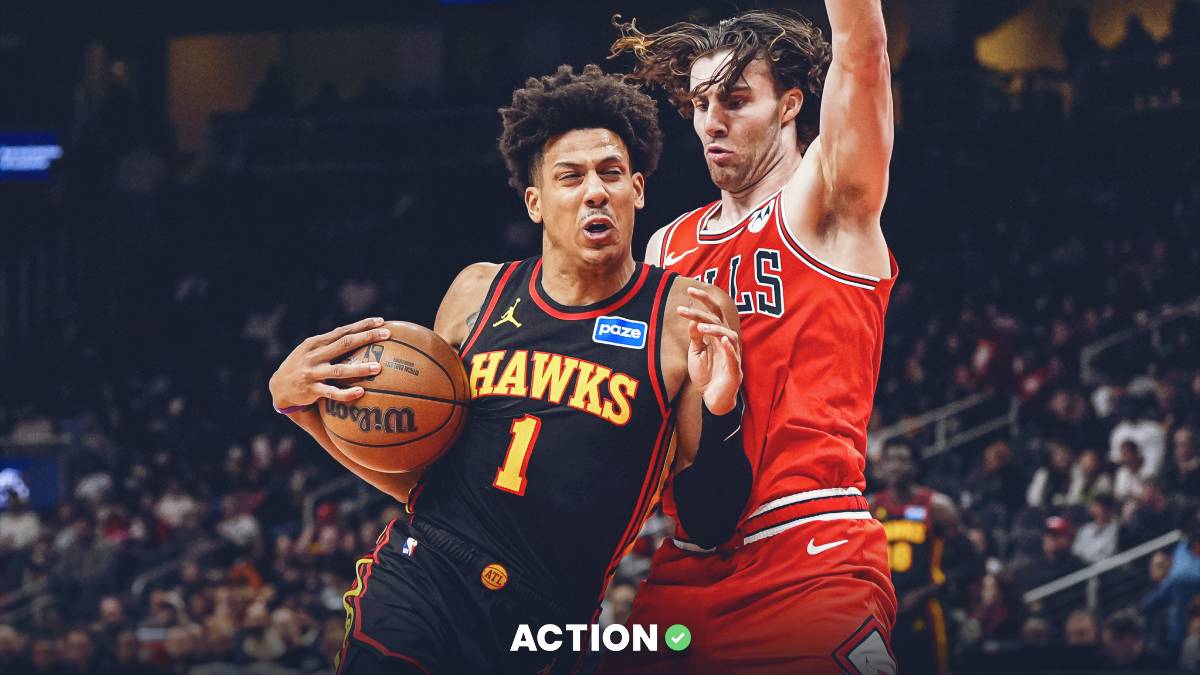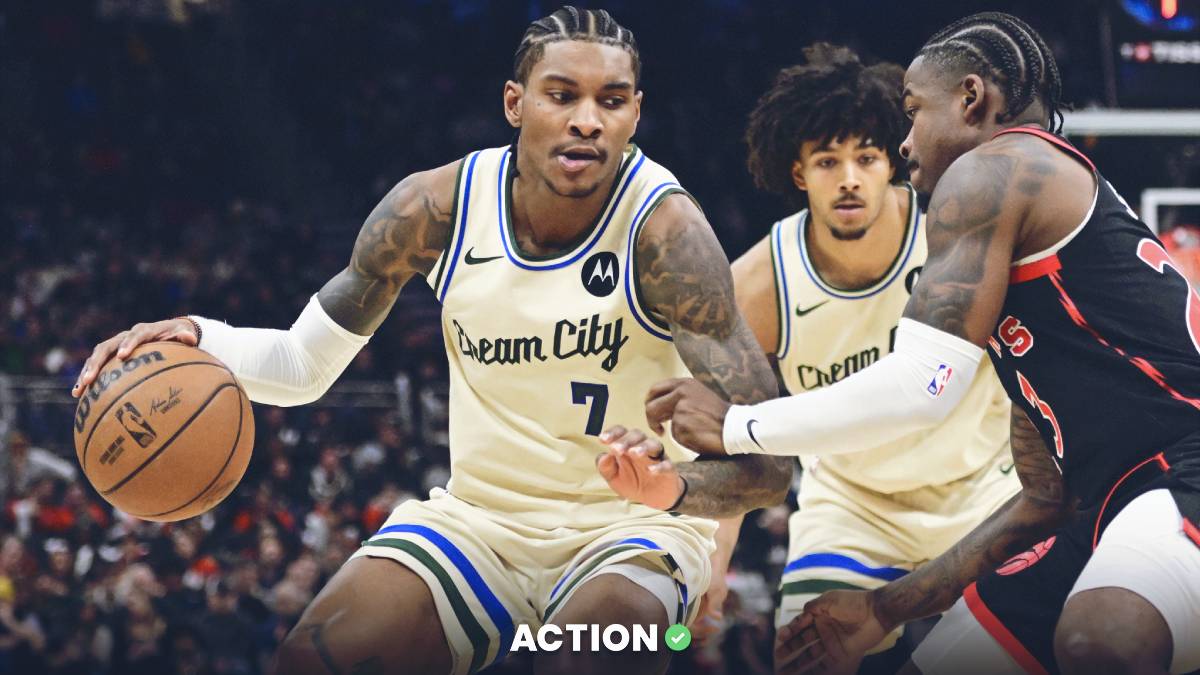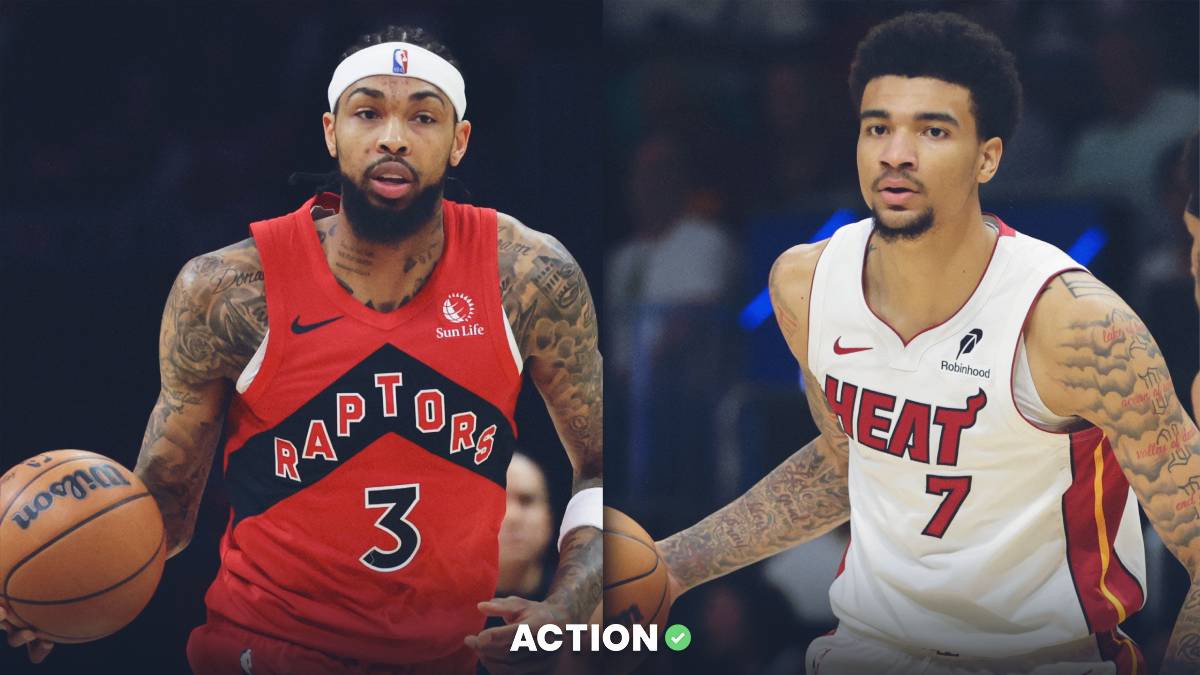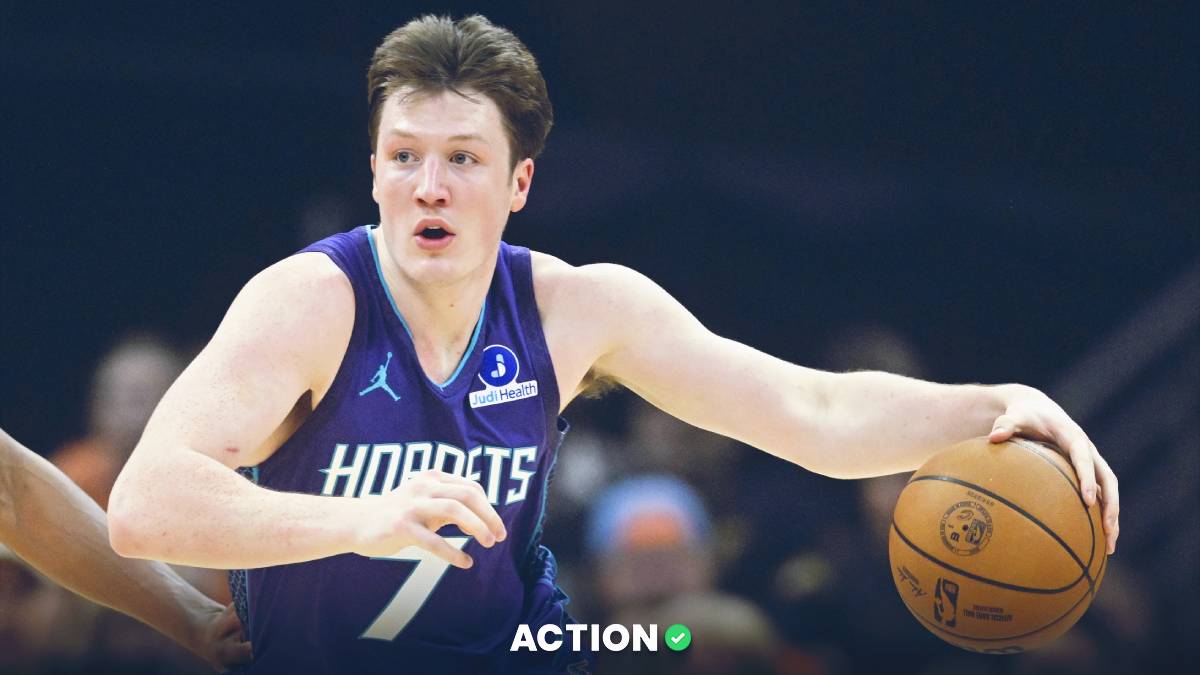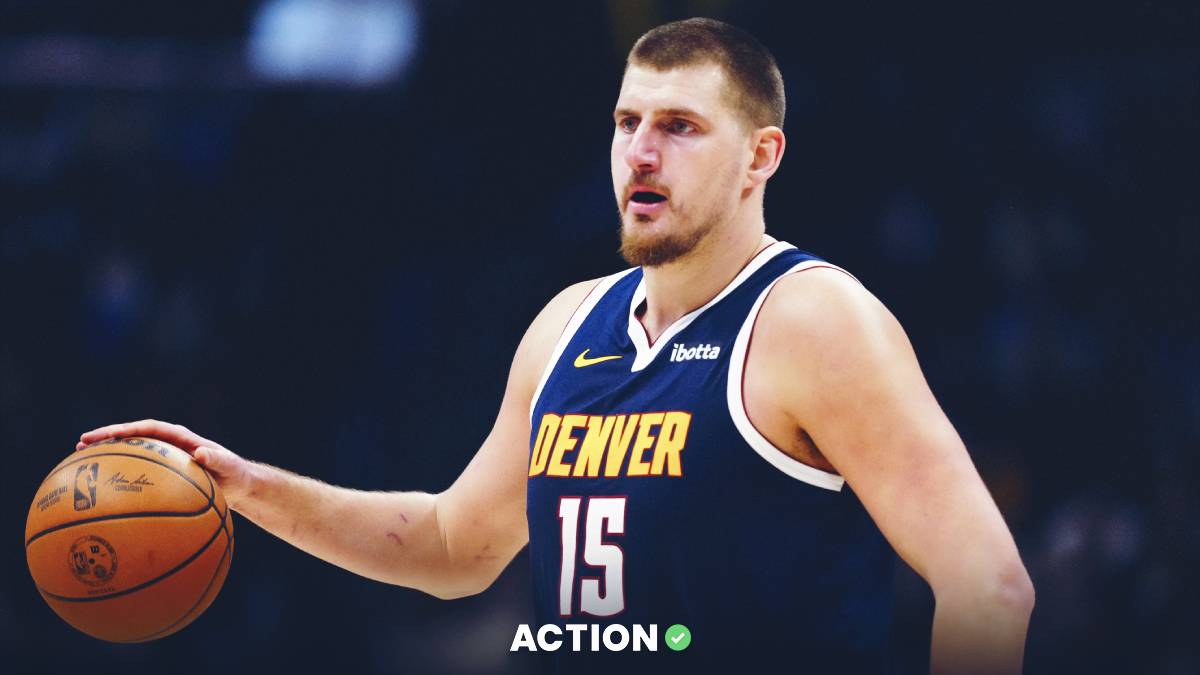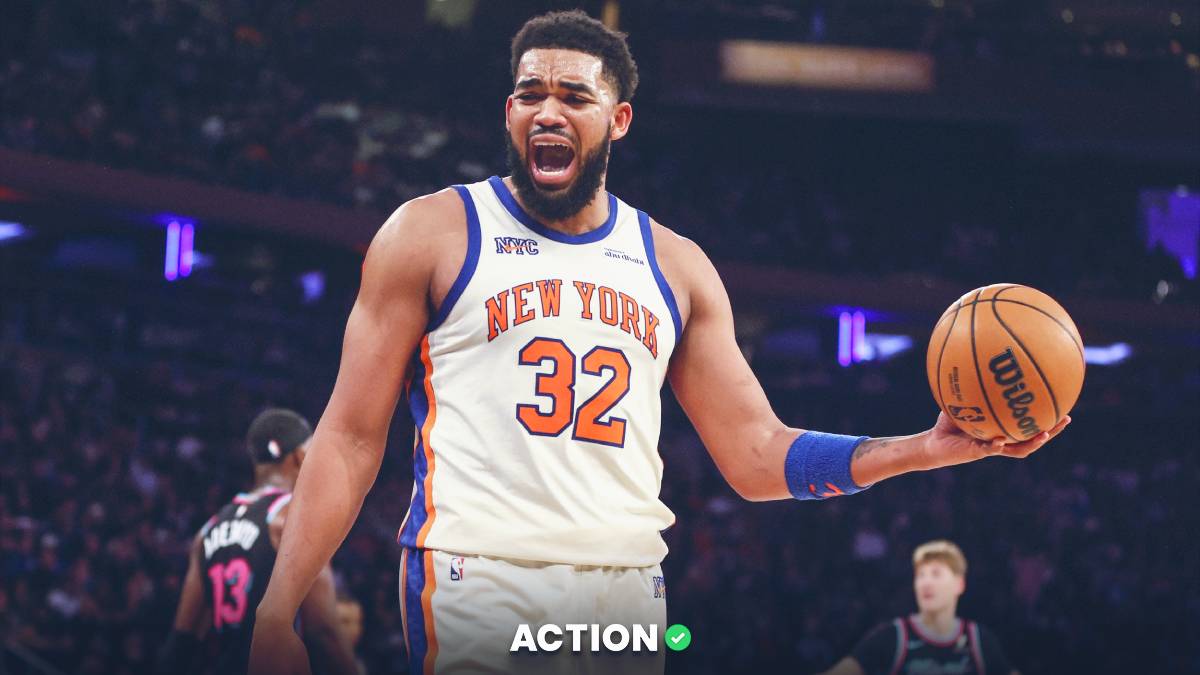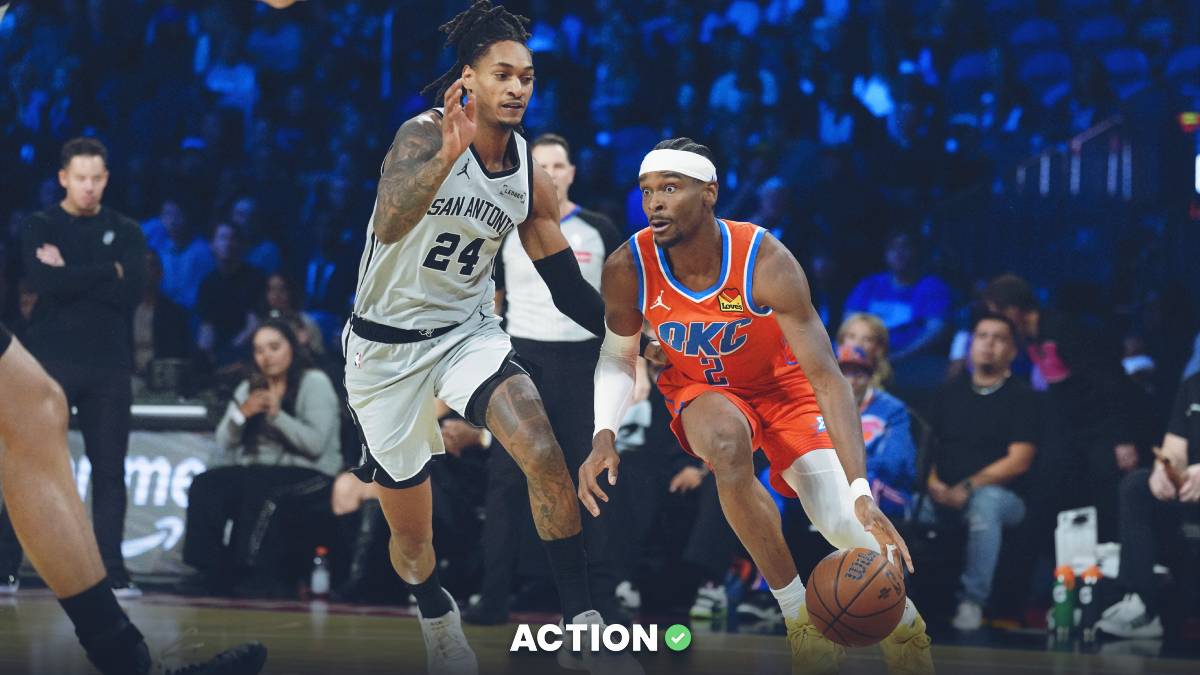The NBA Western Conference features parity like we haven't seen for years.
There's no great team out West. The top team, the Denver Nuggets, are on pace for just 54 wins. The best team by Net Rating and Basketball Reference's Simple Rating System (SRS) is (barely) is Memphis, but the Grizzlies and the rest of the West are behind the entire top four out East.
The Kings are the only other West team on pace to win 50. The next eight teams might all finish with 40-to-44 wins, and there are nine teams with an SRS between 2.00 and -2.00, the historical mark of a middling, average team.
So what happens in a league with so much parity?
It's important to define what we mean by "parity." We already took a look at what happens in a league with an overstuffed middle class. (It's not good news for those middling teams, with little history of them even making the Conference Finals, let alone further.)
Today we'll focus on parity at the top of the conference. Usually those middling teams simply lose in the playoffs to great teams at the top. But what happens when there are no great teams? What if the best team in a conference barely tops 50 wins and there's just a few good-not-great teams leading the way?
What happens when those seasons get to the postseason — and how do we bet it?
10 Conferences With Good-Not-Great Teams Clustered at the Top
Using win-loss record, Net Rating, and SRS, the Nuggets, Grizzlies, and Kings all pretty soft top-three seed profiles by historical measures.
I used those same three metrics to identify 10 times with the most parity at the top of a conference over the past 50 NBA seasons — conferences with a cluster of good-not-great teams at the top.
Here's what happened each time those conferences reached the playoffs.
2017 Eastern Conference
The 53-29 Celtics were the No. 1 seed, but the No. 3 seed Cavs had the best SRS. Four teams were clustered at 49-to-53 wins and a serious gap in quality before the next five teams around .500.
The playoffs were very chalky. The top-four seeds all won in the first round, and the top-two made the Eastern Conference Finals (ECF). An Isaiah Thomas injury helped LeBron James and the Cavaliers pull the "upset" before they lost in five games to Kevin Durant and Stephen Curry in the NBA Finals.
2007 Eastern Conference
The East is mostly just bad. The No. 1 seed Pistons are nearing the end of their run after four straight ECFs with 53 wins. The Cavaliers and Bulls are up next, with the 47-35 Raptors last of four at the top and a bit fraudulent at 0.61 SRS.

Only one other team in the conference even has a positive SRS. The East playoffs go mostly chalk outside of an early Raptors exit. LeBron James memorably upsets the Pistons in the ECF, but gets swept in the NBA Finals by the San Antonio Spurs.
2003 Eastern Conference
We're entering the dark ages out East. No one topped 50 wins, though we had five teams from 47 to 50.
The Pistons got the No. 1 seed, but the metrics said the No. 2 seed Nets were better and actually pretty good at +5.7 Net Rating, fourth best in the league. One of those top five did get upset in the first round, but the Pistons and Nets coasted, with the better team (New Jersey) sweeping the ECF.
The Nets beat the Spurs twice in the Finals by three points combined, but were otherwise non-competitive.
2002 Eastern Conference
The year before was more of the same, but even worse. The 52-30 Nets are the No. 1 seed this time and clearly best by underlying metrics. The rest of the conference was mostly just bad, with no other team even at 2-plus SRS and only two others above 44 wins. The playoffs go as expected, with those top three teams winning to expectation and the Nets getting swept in the NBA Finals.
2001 Eastern Conference
The 76ers win 56 games, enough for a No. 1 seed and Allen Iverson MVP, but the SRS and Net Rating trail six West teams. The top of the East was clustered with five teams between 46 and 52 wins, and the 52-30 Bucks not far off the Sixers.
The playoffs showed how close the top six teams were clustered. The Sixers and Bucks make the ECF, but both needed seven games in previous series to get there, and played seven games in the Conference finals. Philly takes one game off the mighty Lakers before a gentleman's sweep in the NBA Finals.
Tough times out East. We could probably go one more year but you get the picture, and the 2000 Pacers were probably the best team of the stretch. Ready for a time jump? We're about to leap back almost two decades — and finally switch conferences.
1984 Western Conference
Only two West teams won more than 45 or had an SRS above 0.81.
The top two were near equals in metrics, but the defending West champ Lakers won six more games than the Blazers and would've been further ahead if Magic Johnson hadn't missed 15 games. The Mychal Thompson-less Blazers are stunned in Round 1 by a 41-41 Suns team as good as anyone else in the West.

Phoenix went on to push the Lakers in the WCF. L.A. took Larry Bird and the Celtics to seven games, but couldn't finish the job.
1981 Western Conference
The East has by far the three best teams with a Celtics, Bucks, 76ers gauntlet. Three West teams win 52 to 57, but only one other team even finishes above .500. A pair of 40-42 teams make the playoffs — and somehow meet in the WCF.
The 57-25 Suns choke in seven their first series, the 52-28 Spurs lose in seven, and the 54-26 Lakers get dominated by Moses Malone. The 40-42 Kings make the WCF despite missing two of their top three scorers, and Moses and the Rockets finally pass .500 winning the WCF and even take two Finals games off the mighty Celtics.
If you were looking for an outlier and some hope for the underdog teams in one of these conferences, you just found your example.
1979 Western Conference
The late 70s were a low point for the NBA. The league really just didn't have great teams for a few years. This is the one year of our study where both conferences nearly qualified, with the East just outside the margins.
Five West teams won 47-to-52 games. The West playoffs mostly go chalk by record. The No. 1 seed Seattle SuperSonics outlast the Suns in seven in the WCF, then upset the Washington Bullets in the Finals, who led the league that year with 54 wins, fewest by the NBA leader in the last 50 years.
1977 Eastern Conference
The 76ers are the best the East has to offer at 50-32, though their SRS stands out from the teams at 49 and 48 wins just behind them, before a big drop-off. The East playoffs go chalk all the way. The Sixers outlast the then-East Rockets in the ECF and go up 2-0 in the Finals before Jack Ramsey's Portland Trail Blazers win four straight to win the title.
1976 Eastern Conference
We're 50 years back, but this might be our closest reflection. The three best East teams are near equals in SRS between 2.20 and 2.34, though the 1-seed Celtics win five more than the Cavaliers or Bullets. Eight of the nine East teams are relative equals, so nearly the whole conference fell into our middling teams study.
The East goes chalk. The Cavs and Bullets play seven in the semis, and the Celtics take care of Cleveland in the ECF. Rick Barry's 59-23 Warriors are the league's one elite team at 6.23 SRS, but they're stunned in the WCF. Boston takes advantage to become the second team on our list to win a title.
Conclusions and How to Bet The Western Parity This Year
1. Even without dominant teams at the top, the postseason usually goes pretty chalky, just like any other year.
Four of our 10 seasons went almost entirely chalk, right at expectations. Three other seasons went chalk until the Conference Finals, where a No. 2 seed (twice led by LeBron) upset a No. 1 seed. That's seven of the 10 (70%) where the playoffs went right at seed expectations, even without great teams at the top.
We've all been eyeing that Memphis-Sacramento side of the West bracket, hunting the right sleeper. History says there might not be one.
Even if the Nuggets, Grizzlies, and Kings are the best the West has to offer, history suggests the most likely outcome is just two of those three in the WCF, with the Nuggets coming out on top.
2. Don't expect the top teams to coast — there may be value in betting series prices for the underdog.
The best teams usually found their way through, but that doesn't mean it will be a cakewalk. It's common for the weakest of the top cluster of teams — look out, Kings — to get upset early, and it's also common for the top teams to get pushed to six or seven.
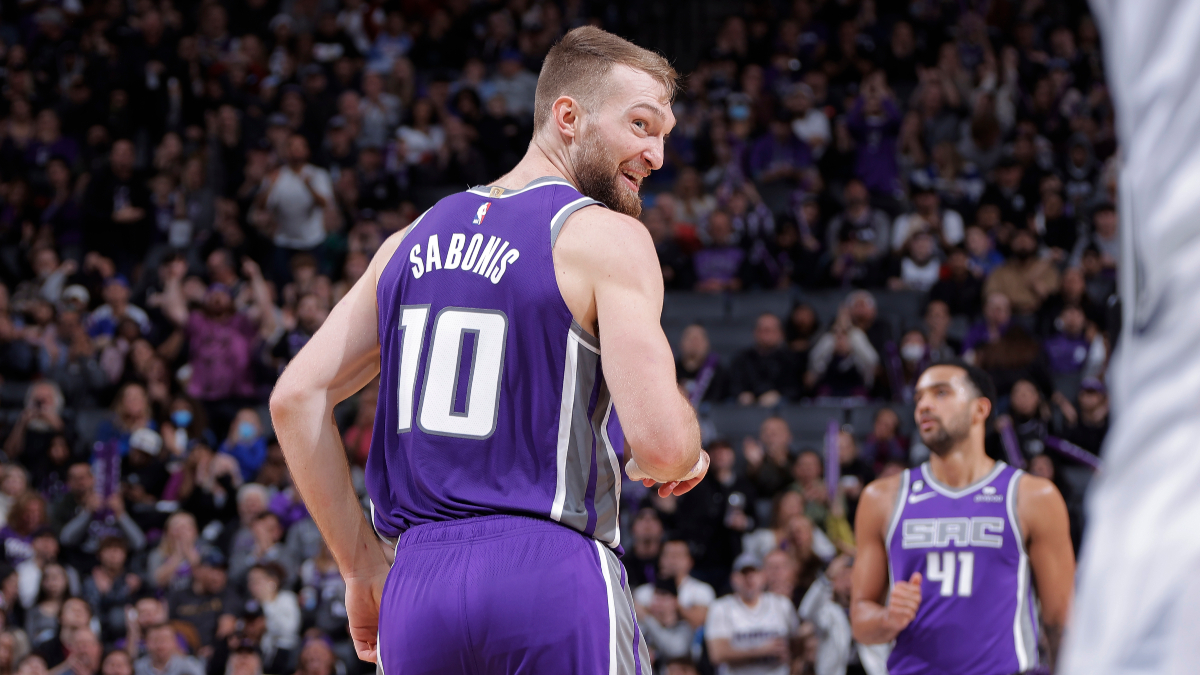
Most books allow bettors to bet series spread, like Nuggets -2.5 games or an underdog at +2.5. There may be value in betting on some of these series to go six or seven without necessarily going all-in on the underdog winning.
3. Parity usually isn't one and done. We could be stuck here awhile.
Look at the list of seasons above. The East was in rough shape at the turn of the century. The West was sorry in the early 80s. The East was poor in the late 70s. Other seasons in each set above could've been included too.
Especially with new CBA changes that seem designed to increase parity, this may not be a one-off out West. We might be stuck in parity land for awhile.
4. Whoever comes out of the weaker conference usually loses in the Finals.
In eight of our 10 seasons, the team that won the weaker conference ended up losing the Finals. And remember, that's despite usually sending a top-two seed to the Finals.
Usually it's not even close. Six of the eight losses (75%) were not competitive. The eight Finals losers averaged 1.38 wins, meaning the average Finals loss went 5.38 games. Half of the losers won one or zero games.
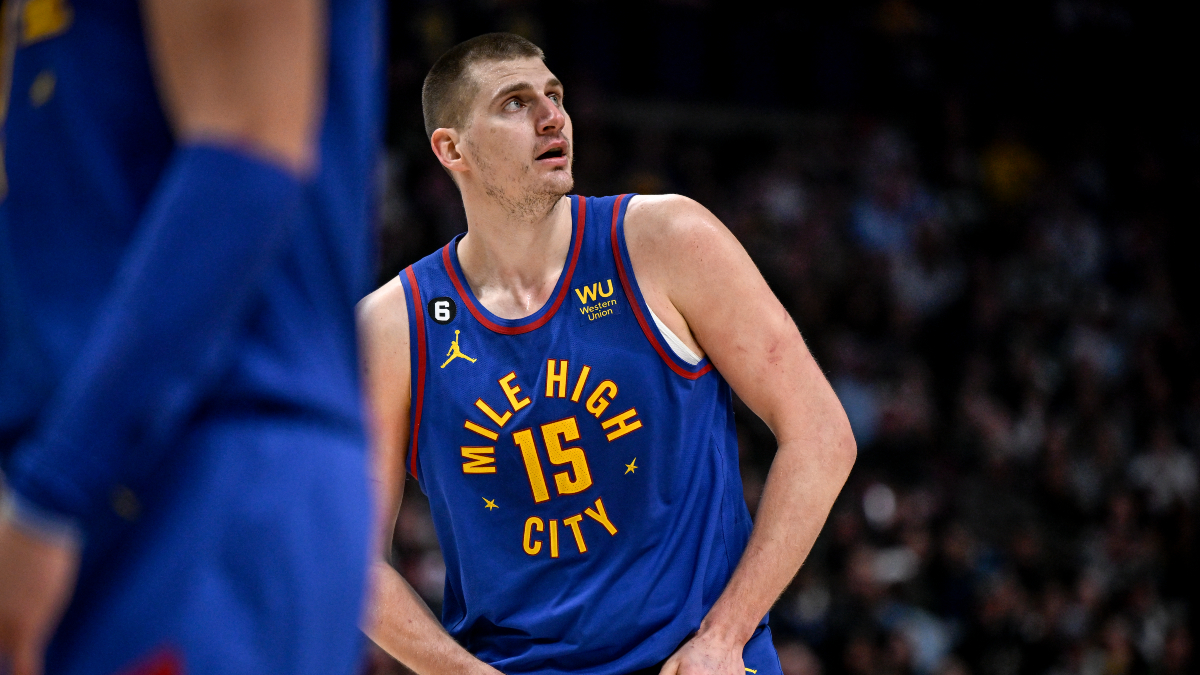
When one conference has all the best teams, that conference usually wins the Finals. They'll likely have home-court advantage, and they'll probably have a rested, clear favorite.
This is the key takeaway — and we can bet it right now! Some books offer a bet on which conference will win the NBA Finals. Our study makes the East an overwhelming favorite, maybe in the -400 range. You can bet on the East at -125 at DraftKings. You should bet that right now.
5. There aren't many exceptions, and they're not particularly predictable.
If the No. 1 seed didn't win the conference, it's typically because the No. 2 seed did. Usually we already knew that team was better because they had better metrics or, well, LeBron James. That could mean hope for the Lakers or Warriors, but more likely, it provides a potential Finals path for Kevin Durant and the Suns.
The only weak conference title winners did so because they faced another good-not-great team in the Finals thanks to upsets or extended parity. There were zero instances of a team from the weaker conference winning the Finals against a team as good as this year's Bucks, Celtics, 76ers, or even Cavs.
History says we should spend less time trying to guess the West deep sleeper (there isn't one) or betting on a West favorite to win the title (they won't).
Instead, keep it easy: Bet the East to win the Finals, and bet it right now.


